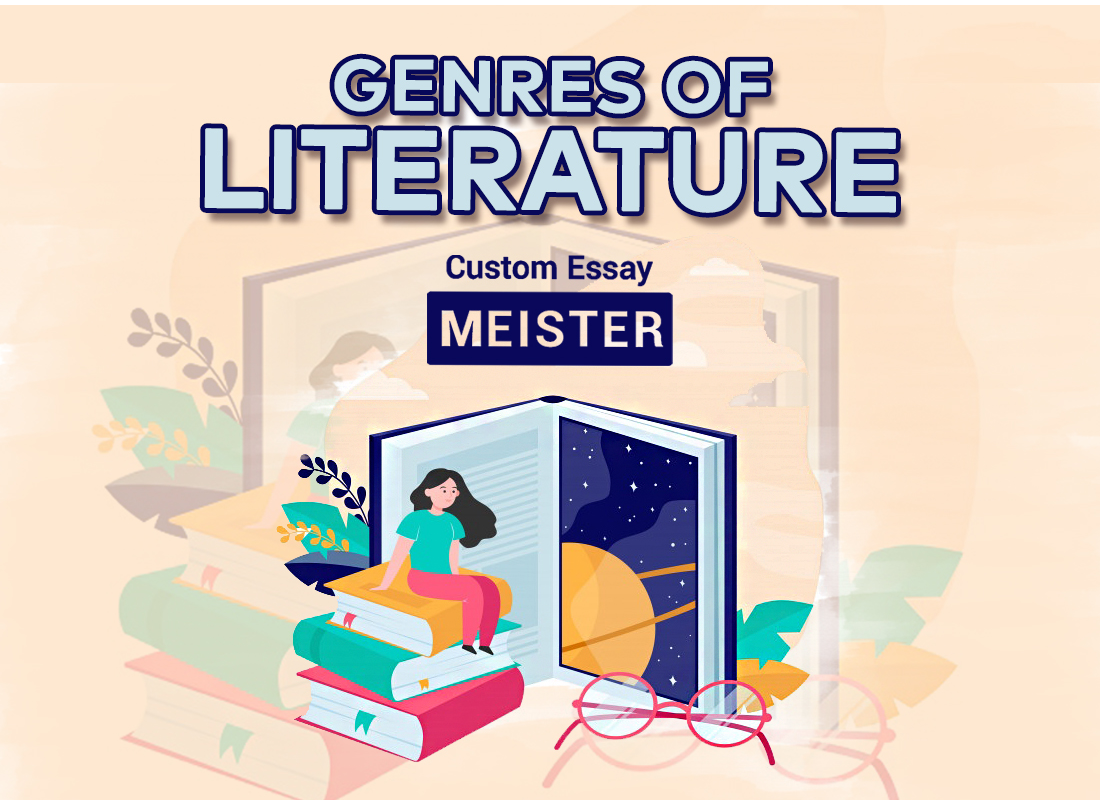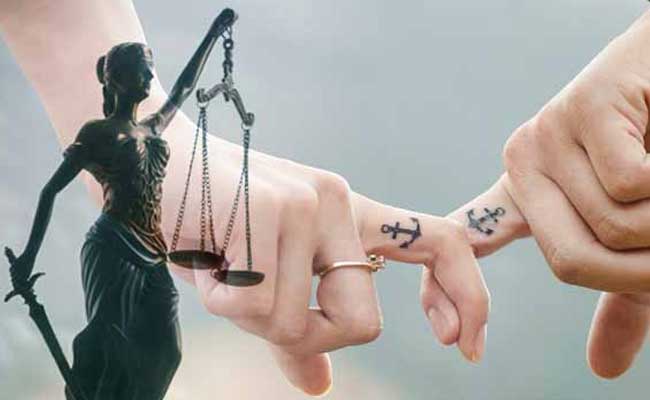Literature is a vast and diverse world that has evolved over the centuries, encompassing many forms, genres, and styles. For a beginner, understanding different genres of literature can be a gateway to the richness of storytelling, exploring human emotions, and gaining insight into the complexity of human experience.
Fiction
One of the most popular and widely read genres of fiction. It refers to stories that are created from the writer’s imagination rather than based on actual events. Fiction can be divided into several subgenres, each offering something different:
Literary Fiction: This subgenre focuses on character development, deep themes, and exploration of human emotions. These works often emphasize style and thought-provoking content over fast-paced plots. Novels such as Harper Lee’s To Kill a Mockingbird and Jane Austen’s Pride and Prejudice fall into this category.
Science Fiction: Science fiction (sci-fi) explores the concept of the future, advanced technology, space travel, and alternate realities. This genre allows writers to speculate about the possible effects of science and technology on society. Notable works include Frank Herbert’s Dune and George Orwell’s 1984.
Fantasy: Fantasy literature transports readers to magical worlds filled with mythical creatures, wizards, and epic battles. It often includes themes of heroism, good versus evil, and adventure. Classic fantasy novels include J.R.R. by The Lord of the Rings. Tolkien and Harry Potter J.K. Rowling.
Mystery and Thriller: Mystery and thriller novels keep readers on the edge of their seats with suspense, plot twists, and solving crimes or puzzles. Arthur Conan Doyle’s Sherlock Holmes and Gillian Flynn’s Gone Girl are excellent examples of this genre.
Non-fiction

Non-fiction is a genre based on factual information. It includes works that are informative, educational, and often grounded in reality. Non-fiction aims to present facts, real events, and real human experiences compellingly. Key subgenres include:
Biography and Autobiography: Biography and autobiography tell the life stories of real people. A biography is written by someone other than the subject, while an autobiography is written by the subject. Anne Frank’s The Diary of a Young Girl is a famous autobiographical work, while Walter Isaacson’s Steve Jobs is a popular biography.
Memoirs: Similar to autobiographies, memoirs focus on specific aspects or periods of a person’s life, offering personal reflection and emotional insight. A well-known memoir taught by Tara Westover.
Self-Help and How-To: This genre provides guidance and techniques for personal development, often offering practical advice to improve one’s life. Books like Stephen Covey’s The 7 Habits of Highly Effective People fall into this category.
History: History books document and analyze past events, providing insight into how historical moments have shaped society. Examples include Yuval Noah Harari’s Sapiens and Barbara Tuchman’s The Guns of August.
Poetry
Poetry is a literary form that expresses ideas, emotions, and stories through rhyming and often figurative language. Unlike prose, which follows a standard narrative structure, poetry relies on patterns of sound, meter, and visual representation to convey meaning. Poetry can range from the traditional sonnets of William Shakespeare to modern free verse by poets like Rupi Kaur.
Subgenres of poetry include:
Lyric poetry: focuses on expressing personal emotions or thoughts, often in the first person. Examples include Shakespeare’s sonnets or the works of Emily Dickinson.
Narrative Poem: Tells a story with characters, plot, and dialogue. Homer’s Odyssey is an example of narrative poetry.
Epic: Long narrative poems that tell the stories of heroes and legendary events. Examples include the Iliad and Beowulf.
Drama
Drama refers to literature intended for performance, usually in the form of drama. The genre focuses on dialogue and action and is divided into several subgenres:
Tragedy: In tragedies, characters often face serious struggles or dilemmas, leading to a tragic or disastrous conclusion. William Shakespeare’s Hamlet is one of the most famous tragedies.
Comedy: The jokes are light-hearted and humorous, often with happy endings. They are designed to entertain and amuse the audience. Plays like Shakespeare’s A Midsummer Night’s Dream are timeless comedic works.
Historical dramas: These dramas are based on real events or historical figures, and dramatized to highlight key moments or personal conflicts. Shakespeare’s Henry V is an example of this genre.
Literature offers a variety of genres, each with its distinct characteristics and appeal. Whether you are drawn to the imaginative world of fiction, the realistic depth of non-fiction, the emotional power of poetry, or the dynamic action of drama, there is a genre for everyone. Understanding different genres of literature will not only enhance your reading experience but also help you choose books that suit your interests and preferences.
Read Also: Padma Nadir Majhi
![]()






One thought on “A Beginner’s Guide to Understanding Different Genres of Literature”